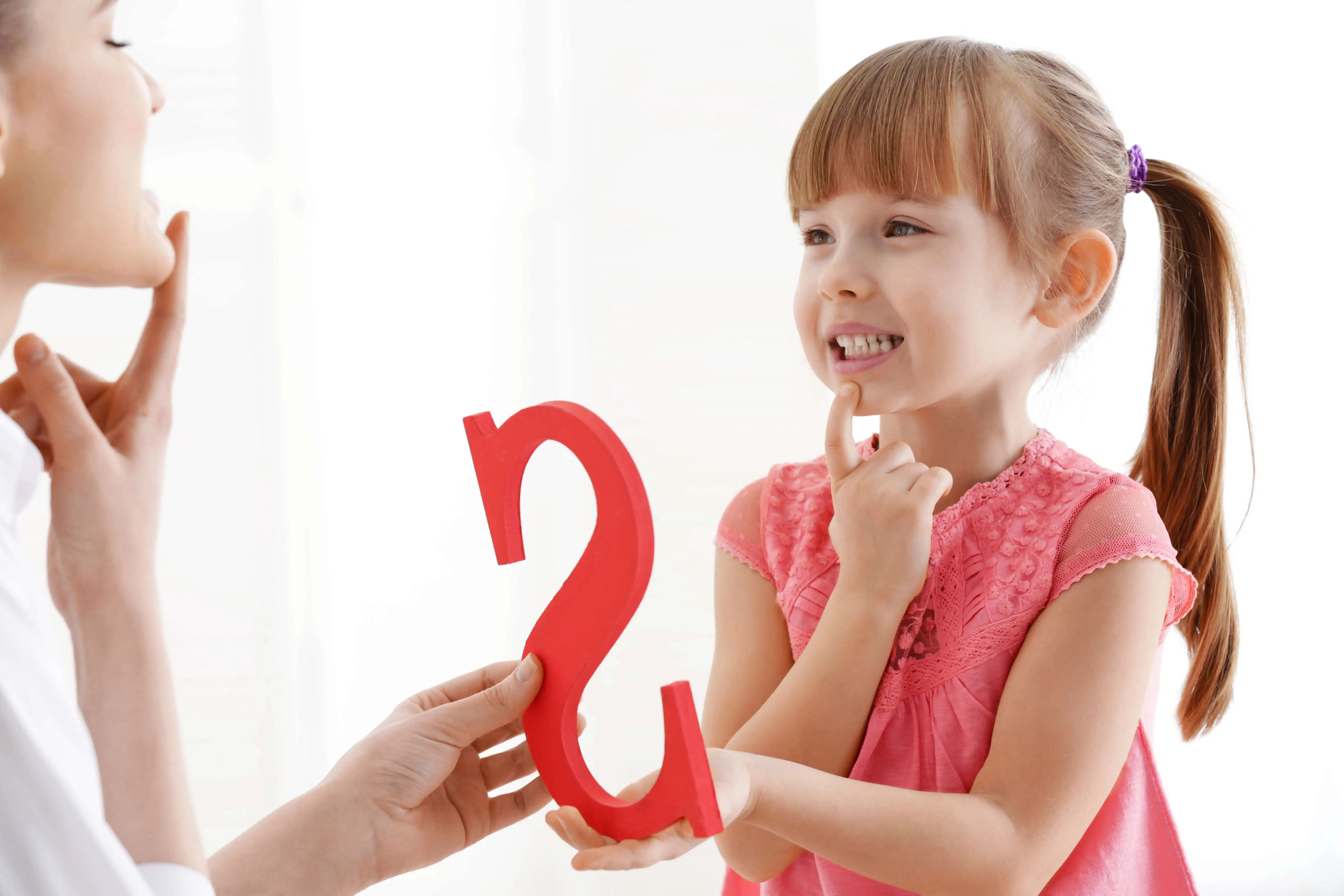Quick Email Now!

Childhood Apraxia of Speech (CAS)
Childhood Apraxia of Speech (CAS) is a motor speech disorder.
Children with CAS have problems saying sounds, syllables, and words clearly. A child with CAS often has unclear speech for their age and misses many consonant sounds when speaking. They often have difficulty imitating words and sounds. Children with CAS know what they want to say and can experience high levels of frustration when others don't understand them. Some children will begin to avoid speaking and they may develop elaborate systems of pointing, gestures, and signs to communicate with others when spoken communication is unsuccessful.
Common Symptoms in very young children:
Do not coo or babble as an infant
First words are late, and they may be missing sounds
Only a few different consonant and vowel sounds
Problems combining sounds; may show long pauses between sounds
Simplifies words by replacing difficult sounds with easier ones or by deleting difficult sounds (although all children do this, the child with apraxia of speech does so more often)
May have problems eating
In an older child:
Makes inconsistent sound errors that are not the result of immaturity
Can understand language much better than he or she can talk
Has difficulty imitating speech, but imitated speech is more clear than spontaneous speech
Has more difficulty saying longer words or phrases clearly than shorter ones
Appears to have more difficulty when he or she is anxious
Is hard to understand, especially for an unfamiliar listener
Sounds choppy, monotonous, or stresses the wrong syllable or word
Treatment for Apraxia
The most effective treatment approaches involve those which include principles of "motor learning" which include a high degree of practice and repetition, correction and feedback, slowed rate, and a focus on targeted motor placement and productions. Increased sensory input for control of the movement sequences and sensory cueing such as visual, tactile, and kinesthetic cueing; touch cueing; verbal cueing are also incorporated. The use of rhythm and melody can also support speech production. Apraxia therapy differs from traditional articulation therapy in that it focuses on speech sequences versus individual sounds.
Many experienced speech-language pathologists use multiple methods and approaches rather than a "one approach fits all" notion, taking many of the methods mentioned above and using them based on the individual child's needs. There is no one "program" that is right for every child with apraxia of speech. Our therapists are trained in The Kaufman Speech to Language Protocol and Visual Phonics and PROMPT philosophies.